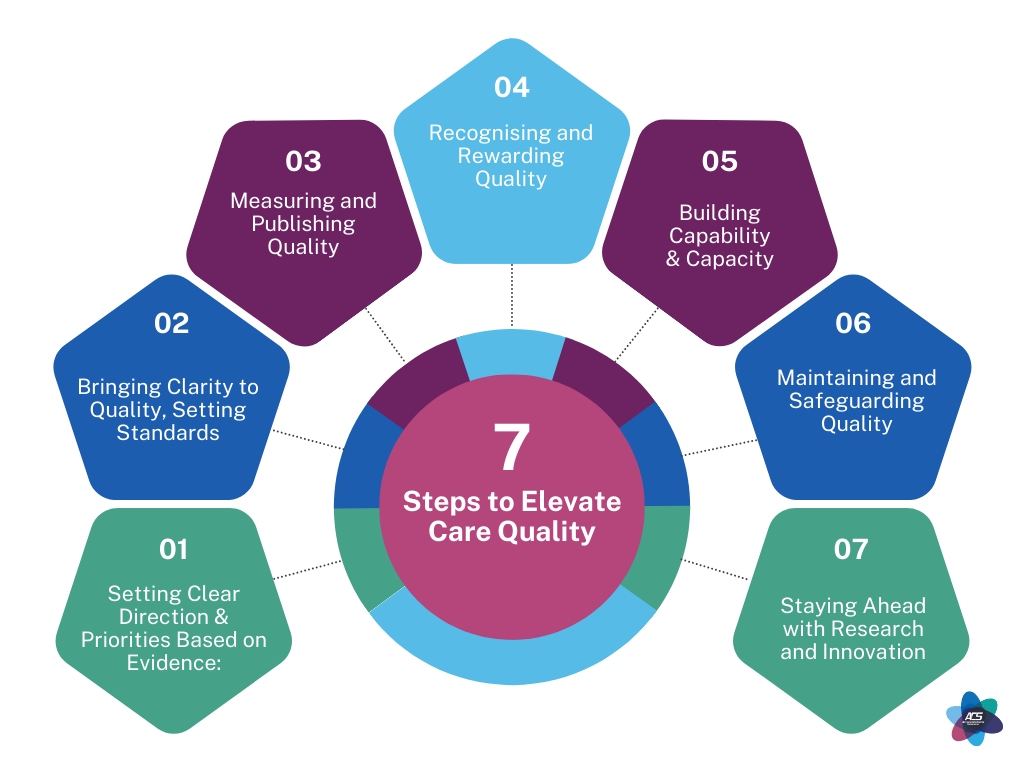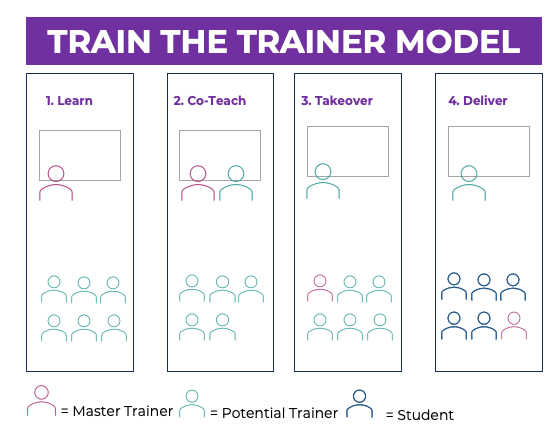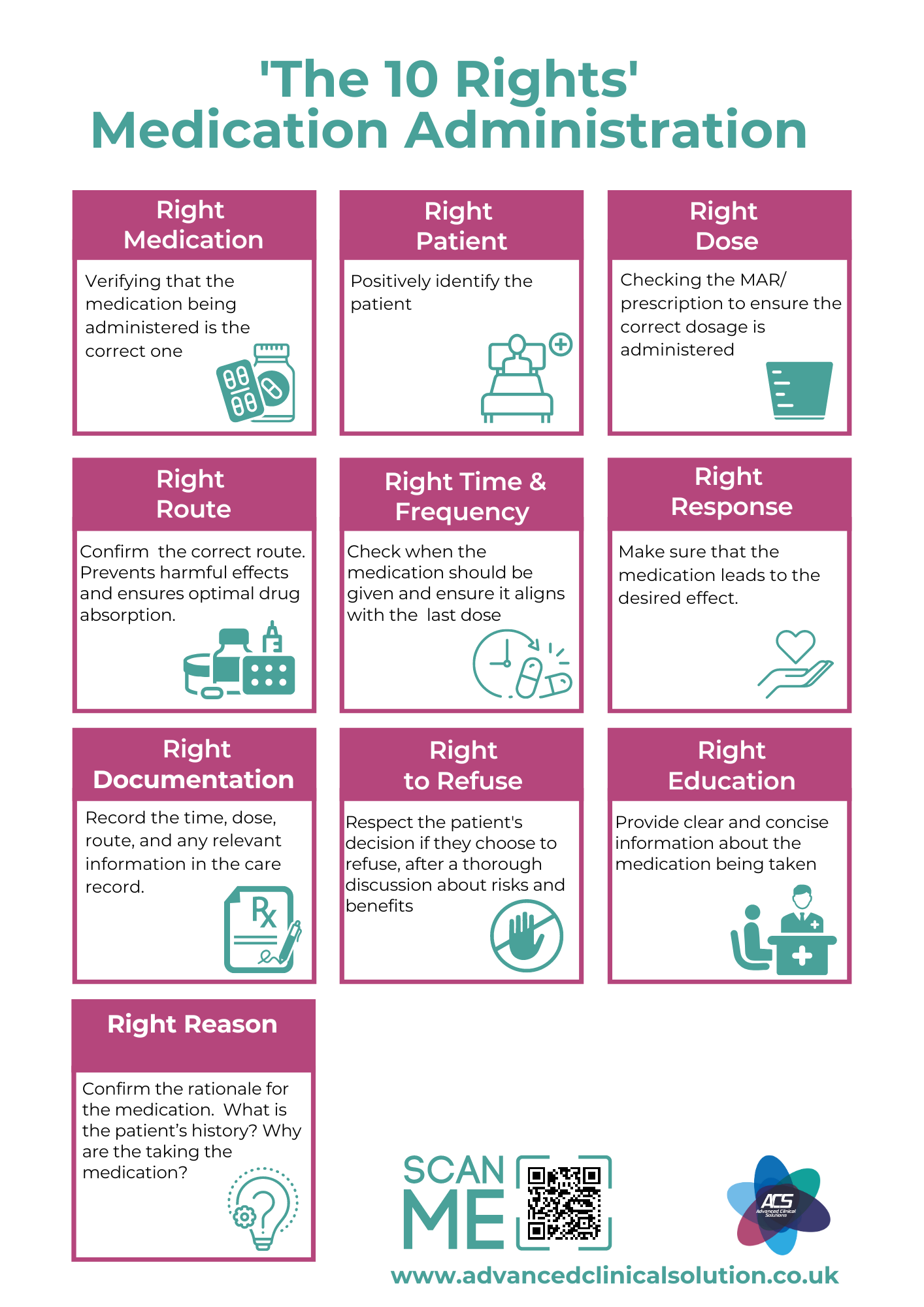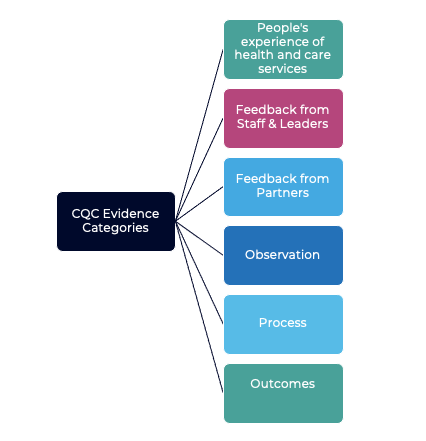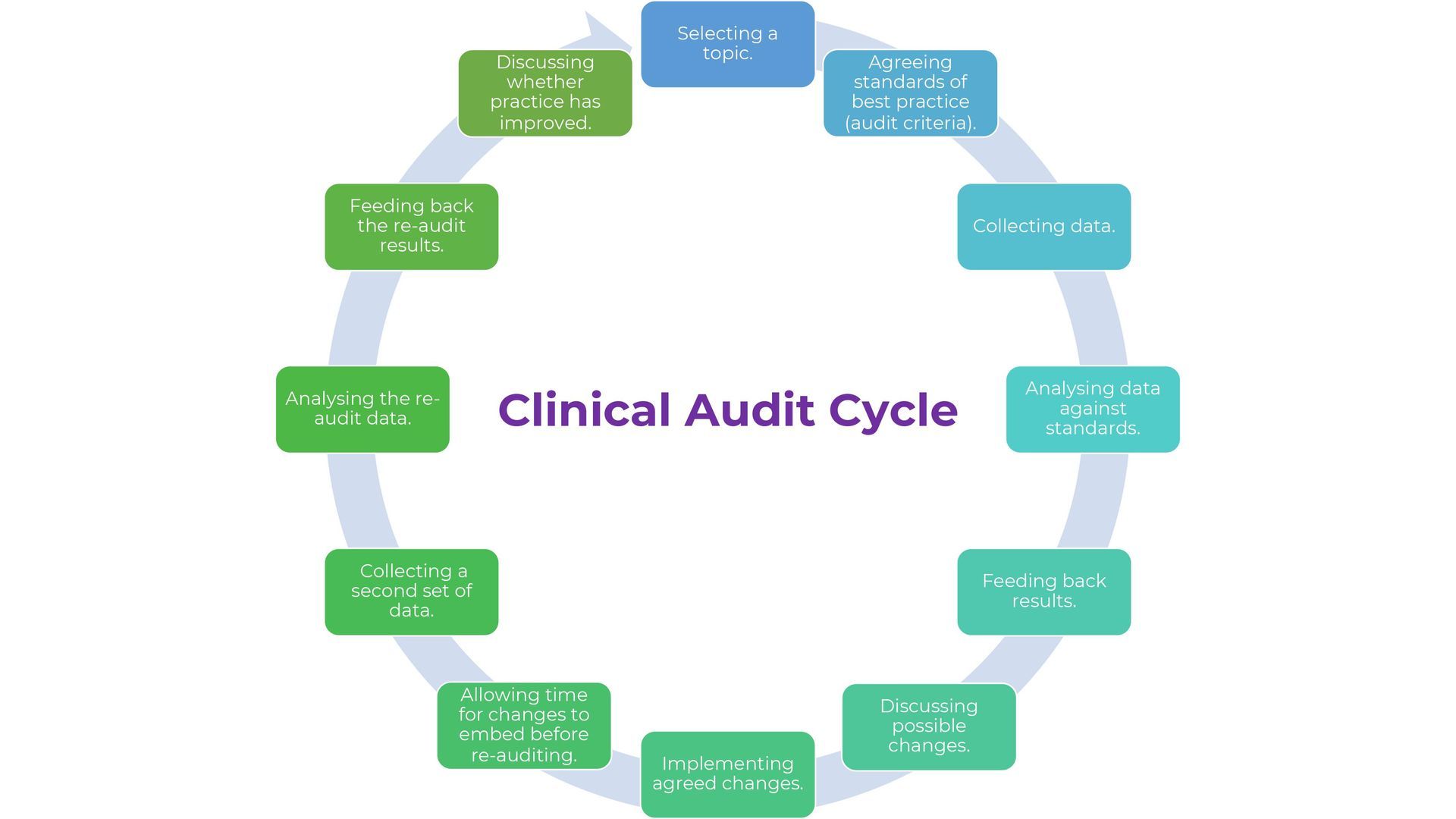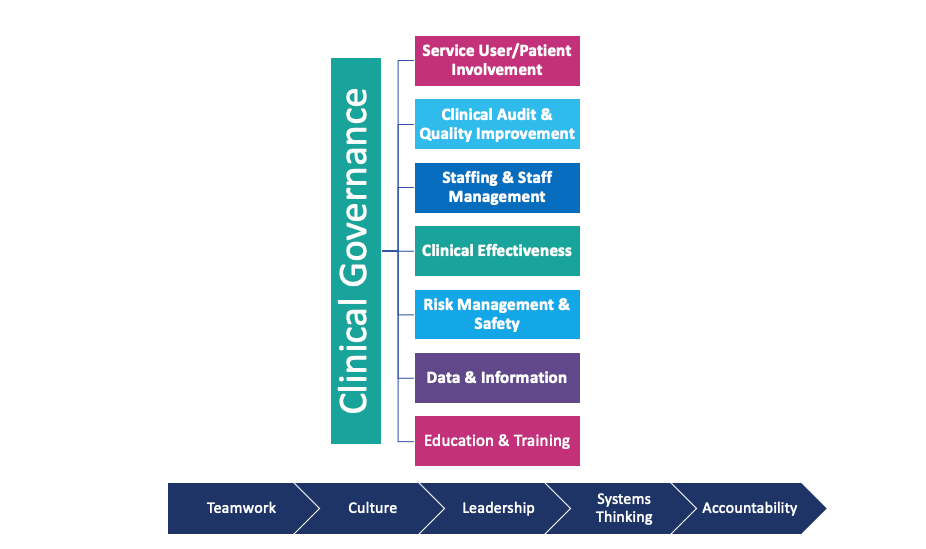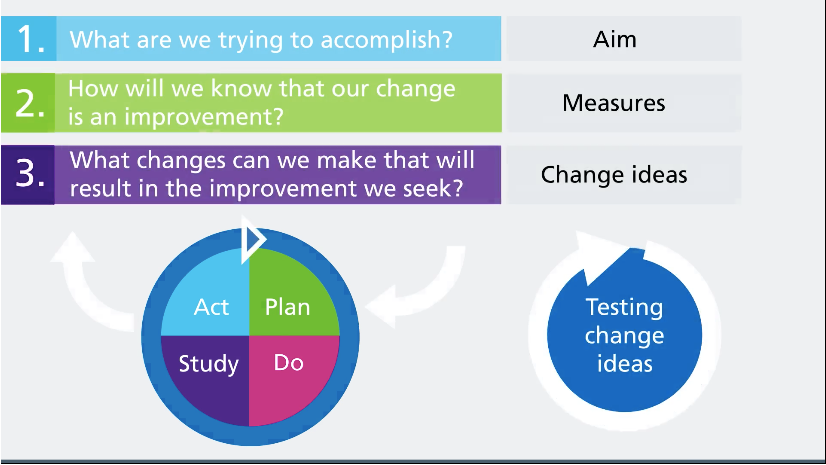Supervision in Health & Social Care (Part 2)
Supervision plays a key role in health and social care

Following on from our Supervision in Health & Social Care Part 1 , we continue our in-depth look at the Supervision process in Health & Social Care .
Supervision has 3 key functions – that is :
- To be supportive (such as managing challenges, promoting health and wellbeing of the individual, managing any performance issues and safeguarding matters).
- To provide a line management function (promoting and maintaining good standards of work and ensuring that staff follow relevant policies and procedures)
- To provide an avenue for individual learning and development (to help staff develop critical thinking and analysis skills, to explore their own learning and development needs and to identify opportunities to address those needs.
Many people intertwine the meanings of supervision and appraisal and it is essential to note that there are key differences between them.
- Supervision is an ongoing process that includes regular meetings between the supervisor and supervisee to review their work and provide development and support.
- Whereas appraisal is an annual meeting between supervisor and supervisee to review their performance, plan development, and set objectives for the coming year.
As the CQC states:
“Effective systems of appraisal and supervision are good practice in social care setting, leading to improved staff performance, higher staff satisfaction and better outcomes for people who use the service.”
Supervision can neutralise the development of blame culture – this is where people are reluctant to speak out, take risks, or accept responsibility at work because they fear criticism, retribution or worse (Karten, 2013). A positive culture can help avoid the organisational iceberg. This is where the visible (above water) culture pays lip service to strategy, shared values, vision; the way we say we get things done around here.
Underneath is the invisible culture traditions, unwritten rules, shared assumptions, perceptions equate to: ‘the way we really get things done around here’ (Abassi 2011).
Where supervision is limited or non-existent, or where the supervisor doesn’t have the right skills and knowledge to carry out effective supervision, this can have a damaging effect on your service – ineffective supervision can reduce productivity, increase absenteeism, create or prolong workplace conflict and damage the workplace culture, which, for adult social care employers, can all impact the quality of care and support.
There are a number of top tips to ensure that effective supervision is carried out:
| Supervision Top Tips | |
|---|---|
| 1 | Agree a frequency and stick to it. For most people this will take place once per 3 months minimum but can include a degree of flexibility whilst also allowing for ‘ad hoc’ supervisions if needed. It is important to note that the frequency can increase if job role changes or organisational changes are taking place |
| 2 | Find a suitable location. Ensure it takes place in an environment where it is safe for the supervisee and confidentiality can be maintained. It may be beneficial to avoid the manager’s office as this could be too intimidating. |
| 3 | Be up to date with legislation and policies. It is important to know scope and application of areas such as legislation, policies, guidelines, and other key initiatives such as the Care Act, CQC and KLOE’s etc. |
| 4 | Be up to date with your supervisee’s. Keep your finger on the pulse of any changes that could potentially affect staff performance for example a restructure or change of job role and stay tuned for anything that can affect performance outside work, for example a bereavement or divorce. |
| 5 | Have an agenda. This is useful to help you identify what you and your supervisee want to discuss and helps you understand what your priorities are. You should also involve your supervisee in crafting that agenda. |
| 6 | Put aside plenty of time. The suggested is a minimum of 1 hour per session for formal supervision to ensure that you cover all items on your agenda. |
| 7 | Make sure that the supervision sessions are formally recorded. Managers or team leaders must be able to provide evidence of supervision for purposes such as audits or grievances. They should keep a record of the date of the meeting and key points discussed and also ensure that the supervisee has signed and agreed the discussion points. |
There are also a number of warning signs to indicate that supervision is not being employed effectively – these are do nots:
- Frequently cancelling supervision sessions at short notice due to other work
- Supervision sessions being infrequently scheduled; having no fixed timeframe for them
- Supervision sessions being held in open-plan office areas (no confidentiality)
- Running out of time
- Thinking that supervision is not required as you have regular informal catch ups
- Managers and Team Leaders delegating supervision where they can
As discussed, supervision plays a key role in health and social care. Effective supervision is a crucial element of an organisation’s duty of care to its employees, and to the users and carers it serves. Supervisors occupy a unique role whereby they communicate the organisation’s duties and priorities to the staff, and also feedback workers’ comments to the wider organisation.
However, it is vitally important that this is performed effectively, confidentially, regularly and supportively. If not, ineffective supervision can have a lasting damage on your service and in turn, reduce the quality of care given to your service users.
Want to become a confident, respected & proactive supervisor ?
BOOK A FREE CONSULTATION WITH OUR EDUCATION & TRAINING TEAM
Email Us
For general enquiries & questions,
contact us via email
Book Free Consultation
Need some advice face to face? Book a free 30 minute MS Teams consultation
Share
CHECK OUT OUR OTHER BLOG POSTS
Knowledge Hub

